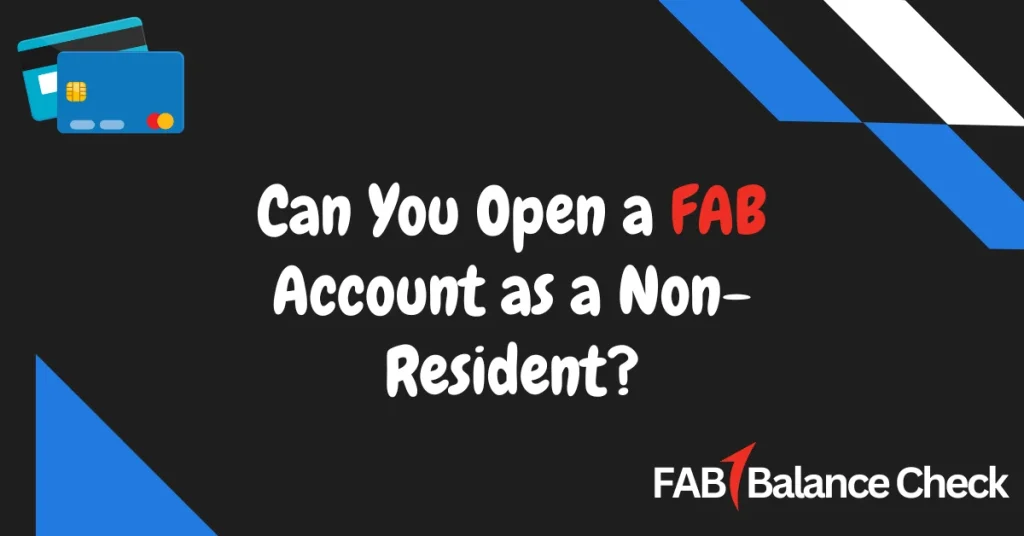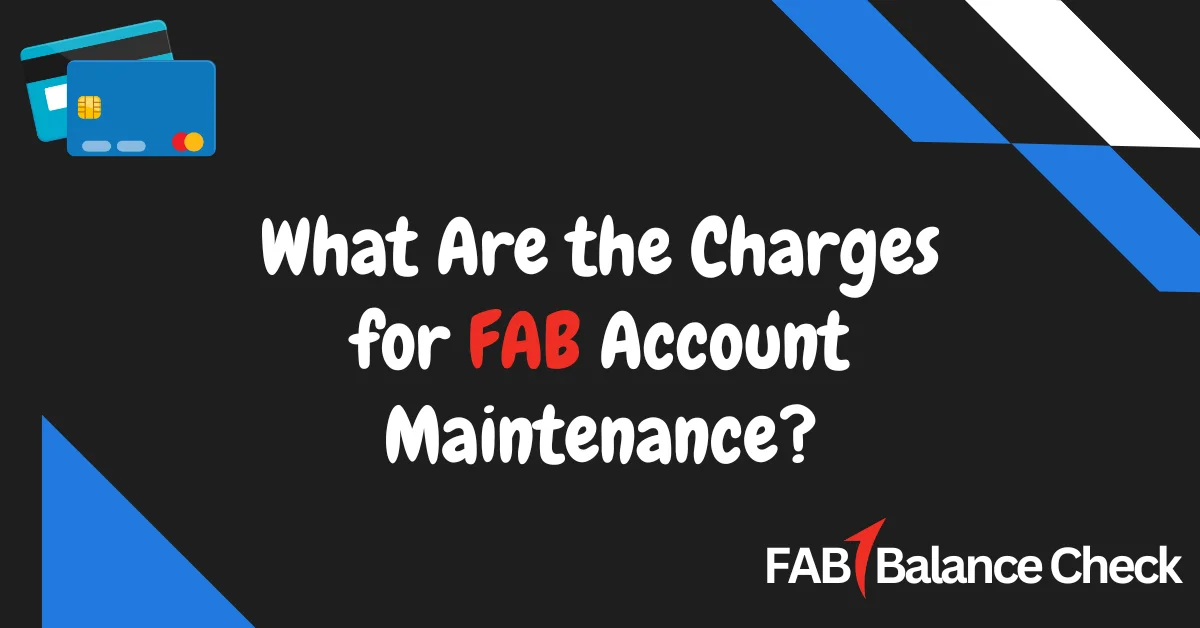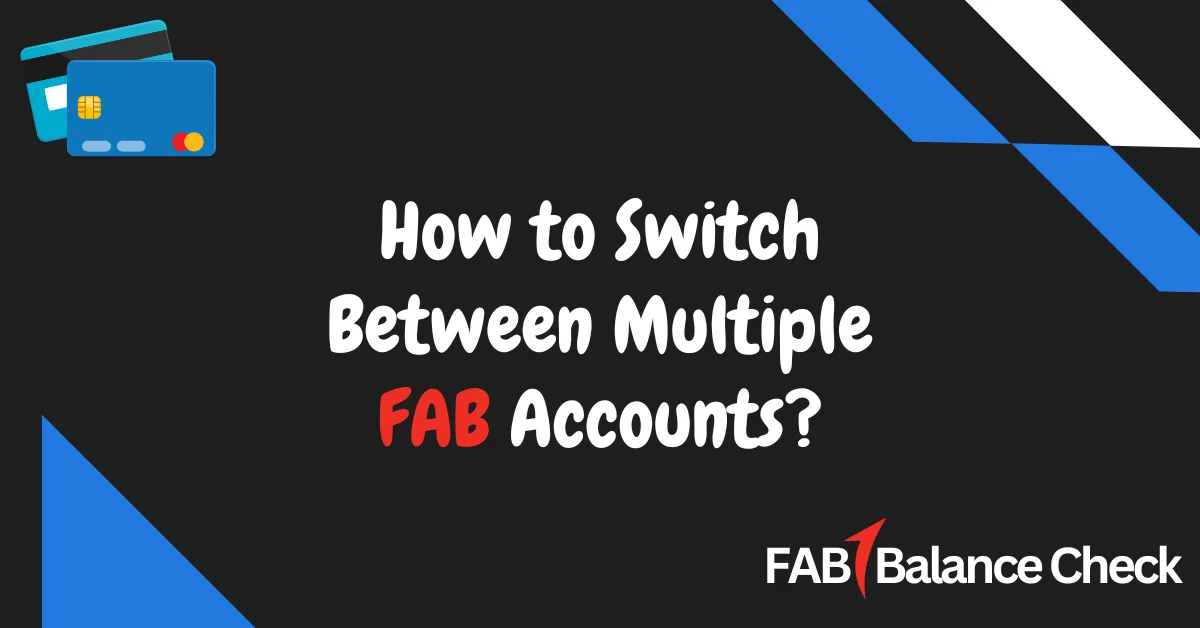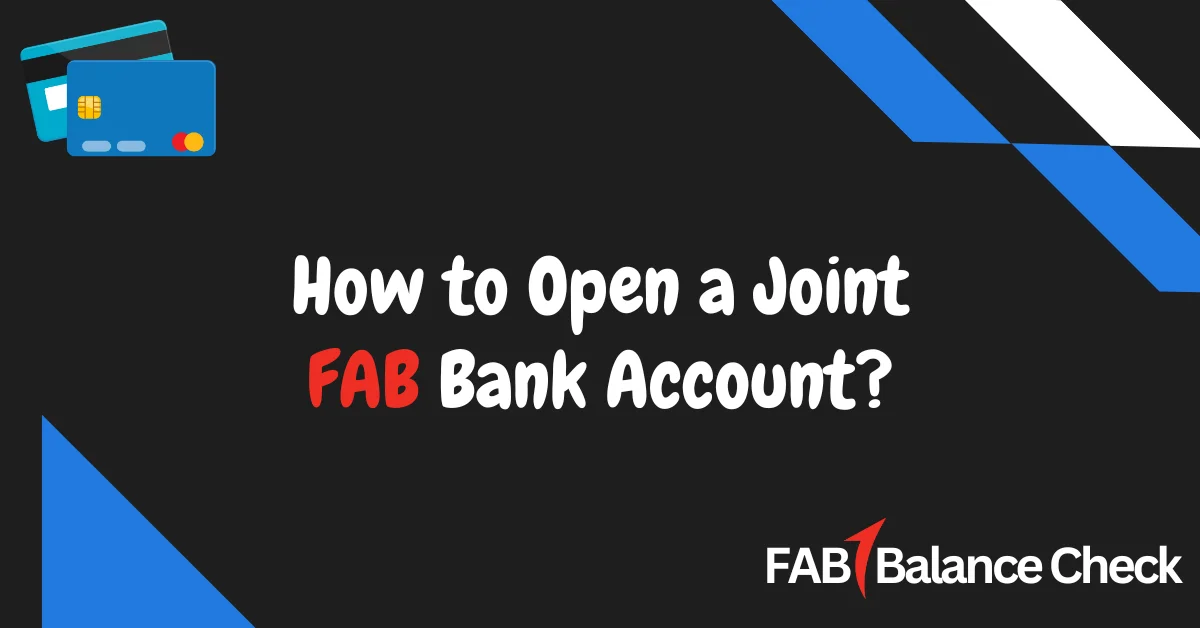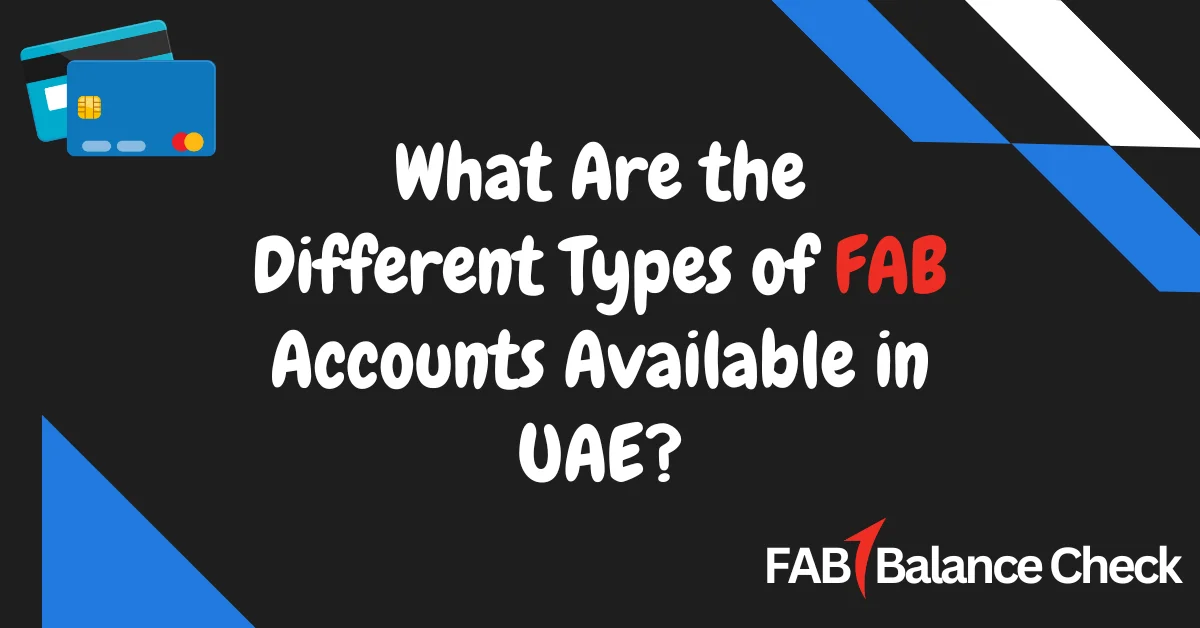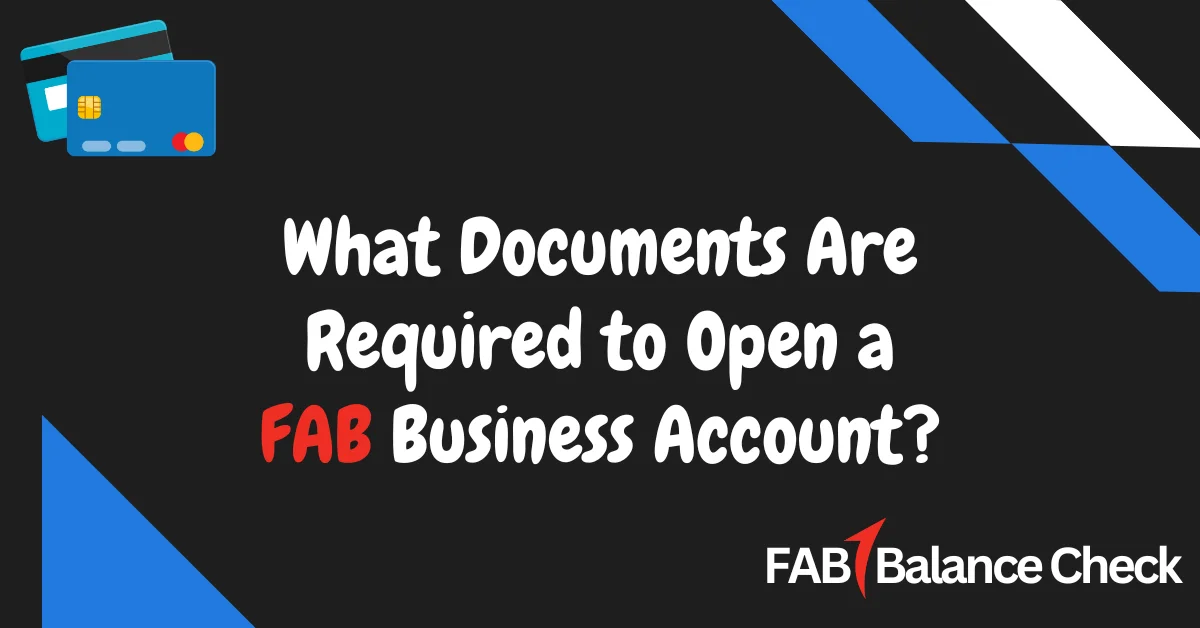Are you living outside the UAE but need access to a reliable bank account in the country? You’re not alone I’ve often wondered whether it’s possible to manage finances in the UAE without being a resident.
The good news? First Abu Dhabi Bank (FAB) allows non-residents to open accounts, provided you meet specific requirements. Let’s break it down step by step so you can seamlessly open and manage your FAB account, no matter where you are.
Can You Open a FAB Account as a Non-Resident? (Quick Answer)
Non-residents can open a FAB (First Abu Dhabi Bank) account by providing essential documents such as a valid passport, proof of address, and income. The account opening process is streamlined for expatriates and international clients, subject to UAE banking guidelines.
Understanding FAB Non-Resident Accounts
A non-resident account allows individuals who don’t hold UAE residency to manage funds, savings, or investments in the country. FAB offers tailored banking solutions for expatriates, foreign investors, and frequent international clients.
Key benefits include:
- Easy International Access: Manage your finances remotely.
- Multi-Currency Options: Accounts can be opened in AED, USD, EUR, or GBP.
- Banking Convenience: Enjoy FAB’s digital and branch banking facilities.
Eligibility Criteria for Non-Residents
To open a FAB account as a non-resident, you must meet the following conditions:
- Age: Must be at least 18 years old.
- Valid Passport: A current passport with clear identification details.
- Proof of Address: A recent utility bill, bank statement, or other address verification.
- Source of Income: Employment letter, salary slips, or investment documentation.
- Initial Deposit: Some FAB accounts require a minimum opening balance, which varies based on account type.
Note: Non-resident accounts are subject to stricter verification under UAE anti-money laundering laws.
Documents Required to Open a Non-Resident Account
Ensure you gather the following documents for a smooth account-opening process:
- Original Passport: Must include a valid visa (tourist visa is accepted).
- Proof of Address: A utility bill or bank statement not older than 3 months.
- Proof of Income: Documents showing your income source (e.g., salary certificates, investment statements).
- Passport-Sized Photographs: Recent color photographs for identification.
- Bank Reference Letter: A letter from your current bank verifying your banking relationship.
Types of FAB Non-Resident Accounts
FAB offers various account options suited to non-resident needs.
1. Current Accounts
FAB current accounts allow non-residents to manage day-to-day expenses and transactions efficiently.
- Features: Online banking, international remittances, and multi-currency options.
- Minimum Balance: AED 3000 (varies by account type).
2. Savings Accounts
Ideal for individuals looking to save and grow their wealth.
- Features: Competitive interest rates, multi-currency savings, and digital banking access.
- Initial Deposit: Starting from AED 1000.
3. Fixed Deposit Accounts
Perfect for non-residents aiming to earn higher returns on idle funds.
- Features: Attractive interest rates and flexible tenures (1 month to 3 years).
- Minimum Deposit: AED 10,000.
How to Open a FAB Account as a Non-Resident? Step by Step
Follow these simple steps to open your account:
Step 1: Visit the Nearest FAB Branch
Locate a FAB branch in the UAE. For convenience, you can also call FAB’s international banking helpline to initiate the process.
Step 2: Submit the Required Documents
Present all the mandatory documents, including your passport, proof of address, and income. Ensure all documents are valid and up-to-date.
Step 3: Complete the Application
Fill out the account application form provided by the FAB representative. Non-residents may need to provide additional details for verification.
Step 4: Deposit the Minimum Balance
Make the initial deposit as required by the chosen account type. This confirms account activation.
Step 5: Access Your Account
Once verified, you’ll receive account details, debit cards, and online banking access, enabling you to manage your finances remotely.
Benefits of FAB Accounts for Non-Residents
FAB non-resident accounts come with exclusive advantages, such as:
- Multi-Currency Options: Conduct transactions in AED, USD, EUR, and GBP.
- Easy International Transfers: Seamless global remittance services with competitive fees.
- Digital Banking: Use FAB’s mobile app or online portal for 24/7 access.
- Investment Opportunities: Explore savings plans, fixed deposits, and investment solutions.
Things to Consider Before Opening a FAB Account
- Fees and Minimum Balance: Some accounts have minimum balance requirements or monthly maintenance fees.
- Currency Conversion: Be mindful of exchange rates when transacting in foreign currencies.
- Taxation Laws: Understand how income or interest earned might be taxed in your home country.
Final Thoughts
Opening a FAB account as a non-resident is a simple and rewarding process, offering excellent banking solutions for global clients. By ensuring your documents are in order and understanding the account requirements, you can seamlessly access financial services in the UAE.
Whether you’re an investor, expatriate, or frequent traveler, FAB provides reliable options to manage funds across borders. Visit your nearest FAB branch or explore their digital services to get started today!
Frequently Asked Questions
Q. Can non-residents open a FAB account in the UAE?
Yes, non-residents can open accounts by providing essential documents like a valid passport, proof of address, and income verification.
Q. What is the minimum balance for a FAB non-resident account?
The minimum balance depends on the account type. For instance, savings accounts start at AED 1000, while current accounts require AED 3000.
Q. How long does it take to open a non-resident account?
Account activation typically takes 3–5 working days, subject to verification and document submission.
Q. Can I manage my FAB account from abroad?
Yes, FAB’s digital banking services allow you to access and manage your account remotely.
Q. Are there any restrictions on transactions?
Non-resident accounts may have certain transaction limits or additional verification requirements for large transfers.

I’m Yasmin Al Baloushi, a UAE-based writer passionate about simplifying financial services. Through my site, I provide clear and accurate guidance on FAB Balance Check methods to help users manage their finances with ease and confidence.
Contents
- 1 Can You Open a FAB Account as a Non-Resident? (Quick Answer)
- 2 Understanding FAB Non-Resident Accounts
- 3 Eligibility Criteria for Non-Residents
- 4 Documents Required to Open a Non-Resident Account
- 5 Types of FAB Non-Resident Accounts
- 6 How to Open a FAB Account as a Non-Resident? Step by Step
- 7 Benefits of FAB Accounts for Non-Residents
- 8 Things to Consider Before Opening a FAB Account
- 9 Final Thoughts
- 10 Frequently Asked Questions
